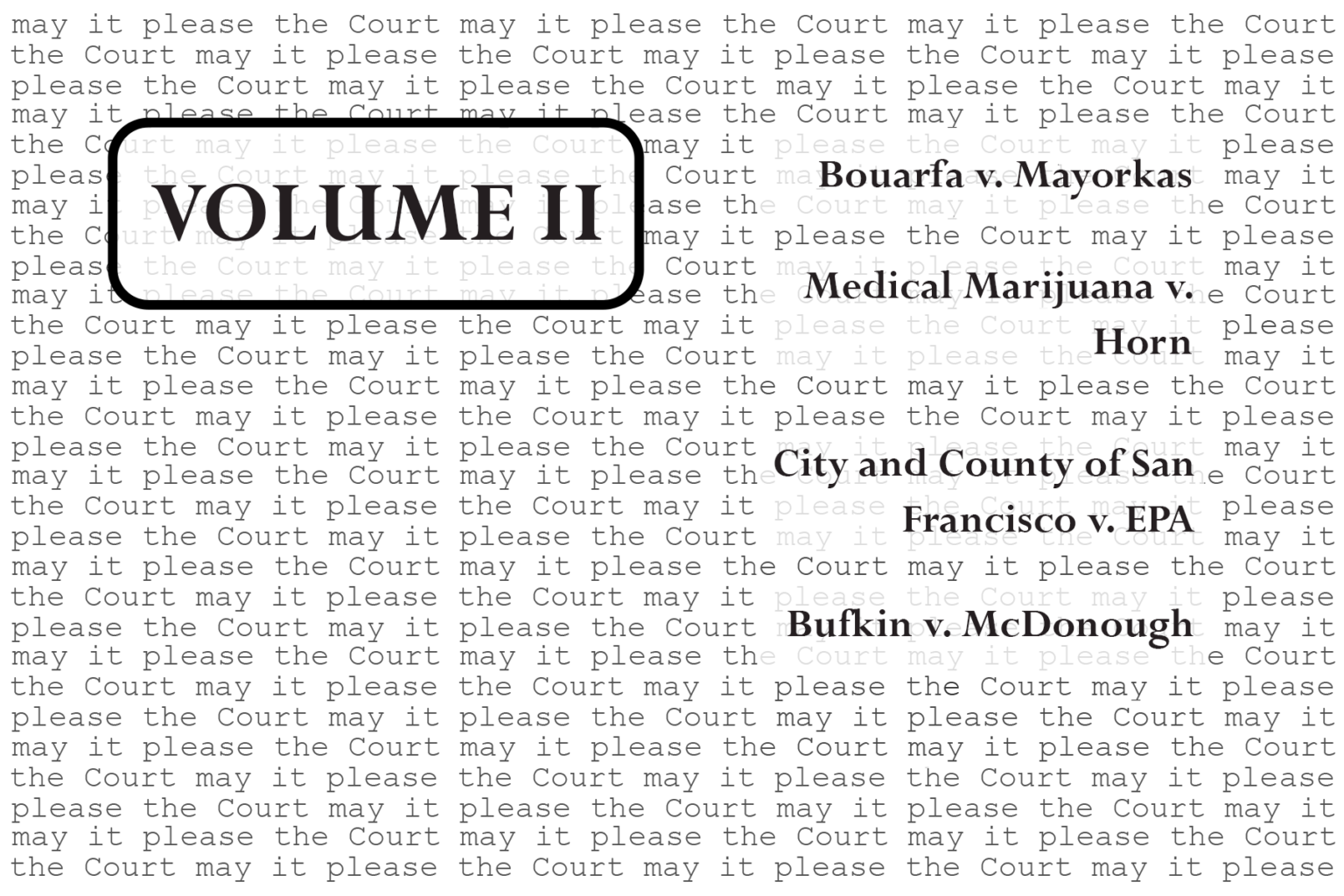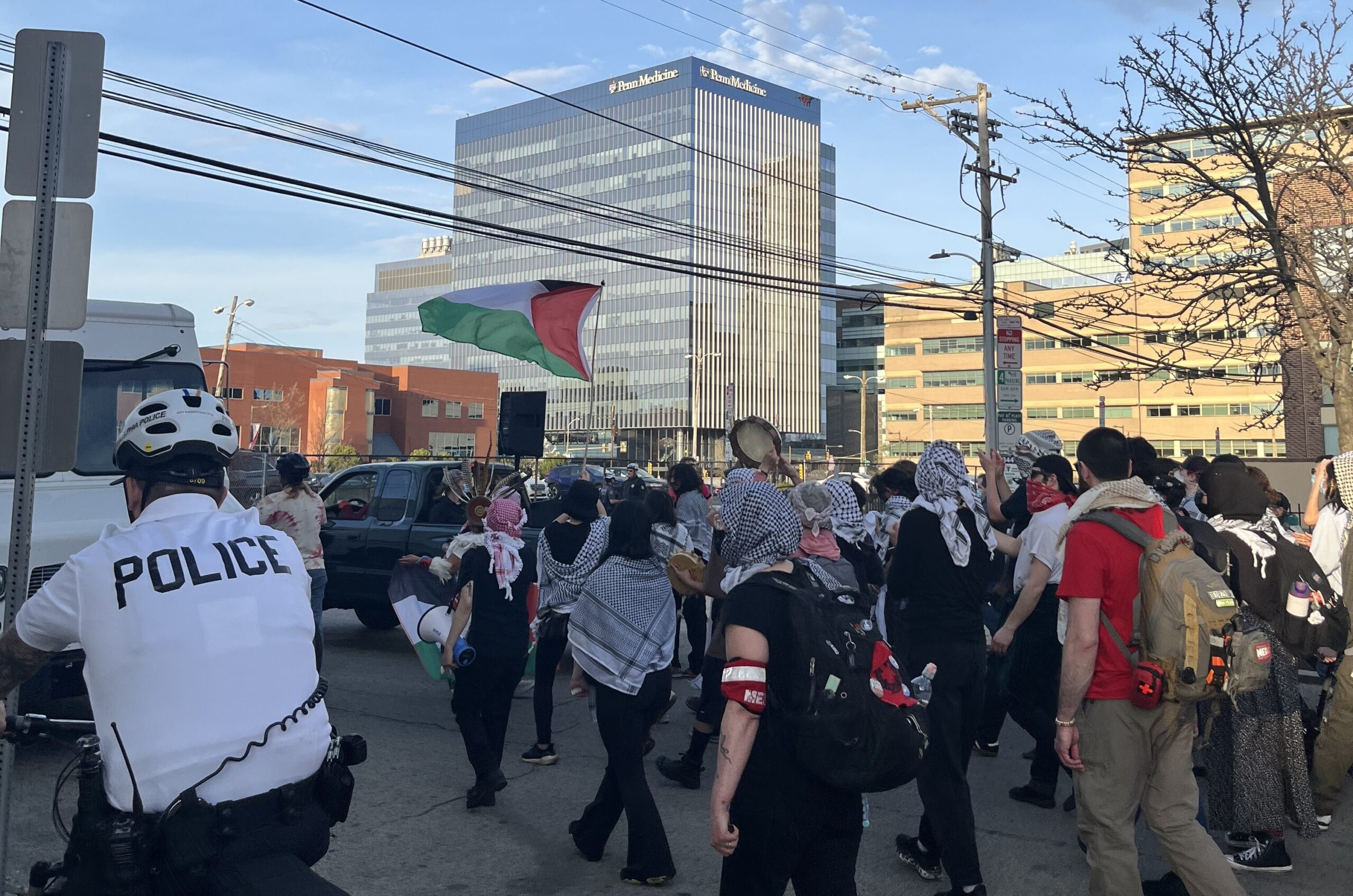Qui tam, DIGging a case, and the Fair Labor Standards Act (FLSA)
Photo Credit: Sarah Mester
By Sarah Mester
The Court heard argument in seven cases during the November Sitting. This edition of May it please the Court will cover the first four cases of the November Sitting. Two out of the four cases were heard on Election Day. Since Election Day is not a federal holiday, the Court was open for business.
Opinions
The Court released its first opinion of the term (sort of) on November 22 in Facebook, Inc. v. Amalgamated Bank, which was argued on November 6 and is summarized below. The Court dismissed the case as “improvidently granted,” signaling that it was a mistake to grant review in the first place. Although a case getting DIGed (dismissed as improvidently granted) is not particularly common, it is something that will happen occasionally for a number of different reasons.
Case Summaries
Wisconsin Bell v. U.S., ex rel. Todd Heath (Arg: 11.4.2024) Oyez
About: Eligibility
Question: Do the reimbursement requests submitted to the Federal Communications Commission’s (FCC) by Wisconsin Bell qualify as “claims” under the False Claims Act?
Explanation: Wisconsin Bell, a subsidiary of AT&T, charged specific schools and libraries more than it charged similarly situated customers, while still claiming subsidies from a federal E-rate program that requires them to offer the lowest price charged to similarly situated non-residential customers. Todd Health filed action against them under the False Claims Act on behalf of the government (qui tam claims), claiming that Wisconsin Bell submitted false claims and certifications to receive reimbursement. The Court is being asked whether the requests submitted by Wisconsin Bell are considered claims under the False Claims Act.
Advocate Christ Medical Center v. Becerra (Arg: 11.5.2024) Oyez
About: Definition
Question: Does the phrase “entitled… to benefits” include all of those who meet basic program eligibility criteria or only those who actually receive program benefits?
Explanation: Hospitals can apply for an adjustment that provides additional compensation to hospitals serving a high percentage of low-income patients. That adjustment is calculated using two formulas: the Medicare fraction and the Medicaid fraction. The Medicare fraction is based on the percentage of a hospital’s Medicare patients who are entitled to monthly Supplemental Security Income (SSI) benefits. The Court is being asked whether the Medicare fraction should be based on the number of patients who are eligible for monthly SSI benefits, but might not have received the payment that month, or only on people who actually received the payment.
E.M.D. Sales v. Carrera (Arg: 11.5.2024) Oyez
About: Burden of Proof
Question: Does an employer applying for a Fair Labor Standards Act (FLSA) exemption have to satisfy the preponderance of the evidence standard or the clear and convincing evidence standard?
Explanation: The clear and convincing evidence standard is a higher standard than preponderance of the evidence. EMD, as an employer, claimed that a FLSA exemption applied to Carrera (an employee) that would mean Carrera would be denied overtime pay. Carrera sued, arguing that the exemption did not apply to him and won. The Court is being asked which burden of proof standard a company is required to meet when applying for a FLSA exemption.
Facebook, Inc. v. Amalgamated Bank (Arg: 11.6.2024) Oyez SCOTUS Blog
About: Fraud
Question: Are risk disclosures false or misleading when the company does not disclose a risk that has materialized in the past that presents a known risk of ongoing or future business harm?
Explanation: Facebook did not disclose that Cambridge Analytica had improperly harvested the data of millions of Facebook users and when the scandal became public, Facebook’s stock price dropped. Shareholders filed suit, alleging “ violations of Sections 10(b), 20(a), and 20A of the Securities Exchange Act of 1934 and Rule 10b-5 of the Exchange Act’s implementing regulations” (Oyez). The Court is being asked whether Facebook should have disclosed the improper harvesting of user data and whether not doing so was false or misleading.
Decision: The Court ruled that this case was improperly granted and no decision was made on the merits. As a result of this decision, the “case will return to the lower courts, where the action will proceed against Meta.”
Oral Argument Excerpts
E.M.D. Sales v. Carrera was a particularly short oral argument at only forty two minutes and the advocate for the petitioner, Lisa S. Blatt, seemed disappointed at the end of her argument time that she was not asked more questions (14:09):
Roberts: “Thank you, counsel [Blatt]”
Blatt: “Nobody? Okay.” (Laughter)
Roberts: “I don’t think so. Anybody?” (Laughter)
Blatt: “Sorry.”
In Wisconsin Bell v. U.S., ex rel. Todd Heath advocate for the respondent Tejinder Singh gave a very frank answer to a question from Alito about how the Court might rule (1:05:35):
Alito: “Well, what if you were to — what if we thought that you should win under the hundred million argument but lose under the other two? Then I assume you would prefer to just take your narrow victory and go home, right?”
Singh: “Oh, sure. Then you should say the hundred million, we decide nothing else. And I’ll work with the courts on remand. No problem.”
(Laughter)
Alito: “Thanks a lot”
Sotomayor: “That was quite fascinating. I’m still laughing over it, counsel.”
Sarah Mester is a senior in the College studying Political Science and Classics from San Francisco, CA. She’s the Assistant News Editor for The Pennsylvania Post. Her email is smester@sas.upenn.edu.



